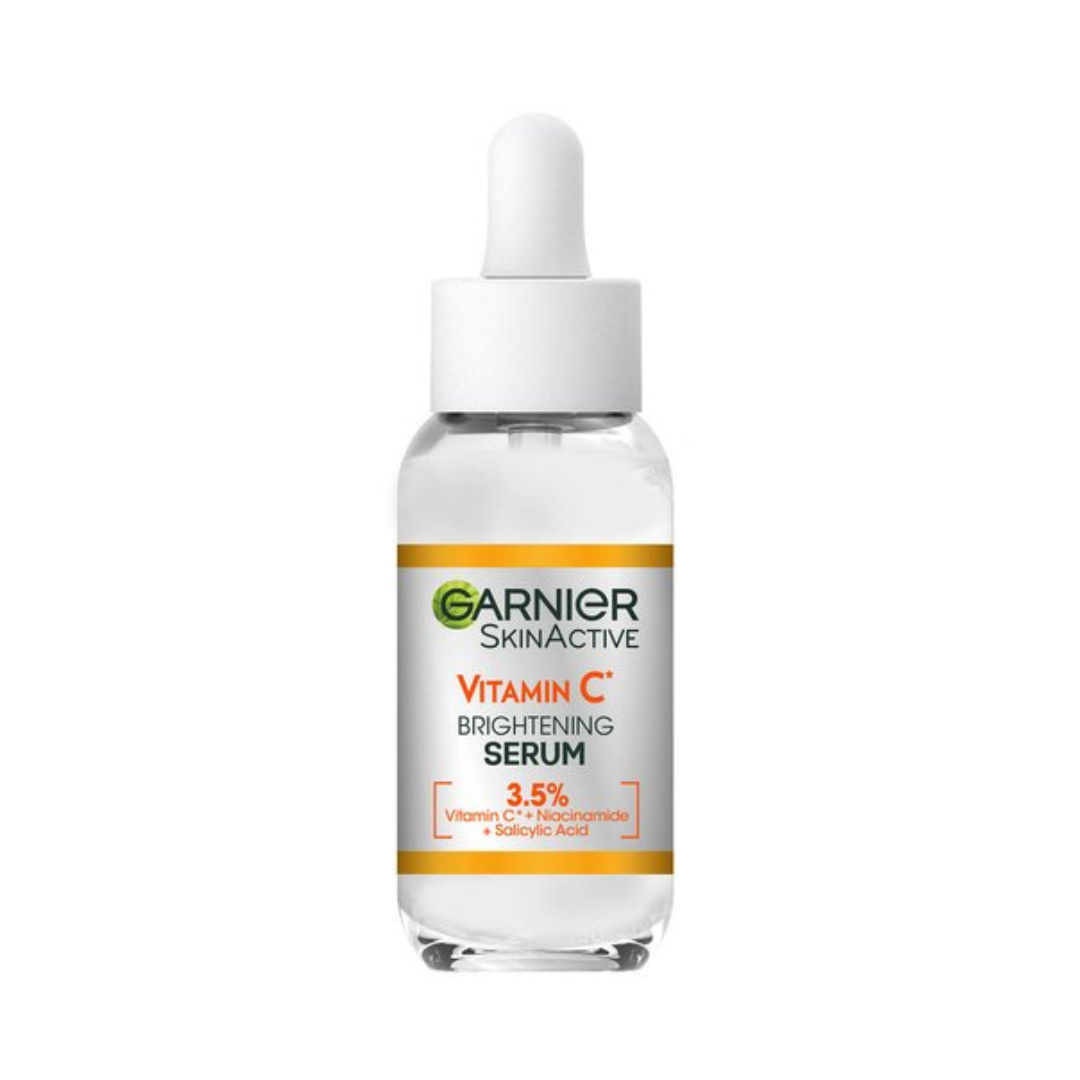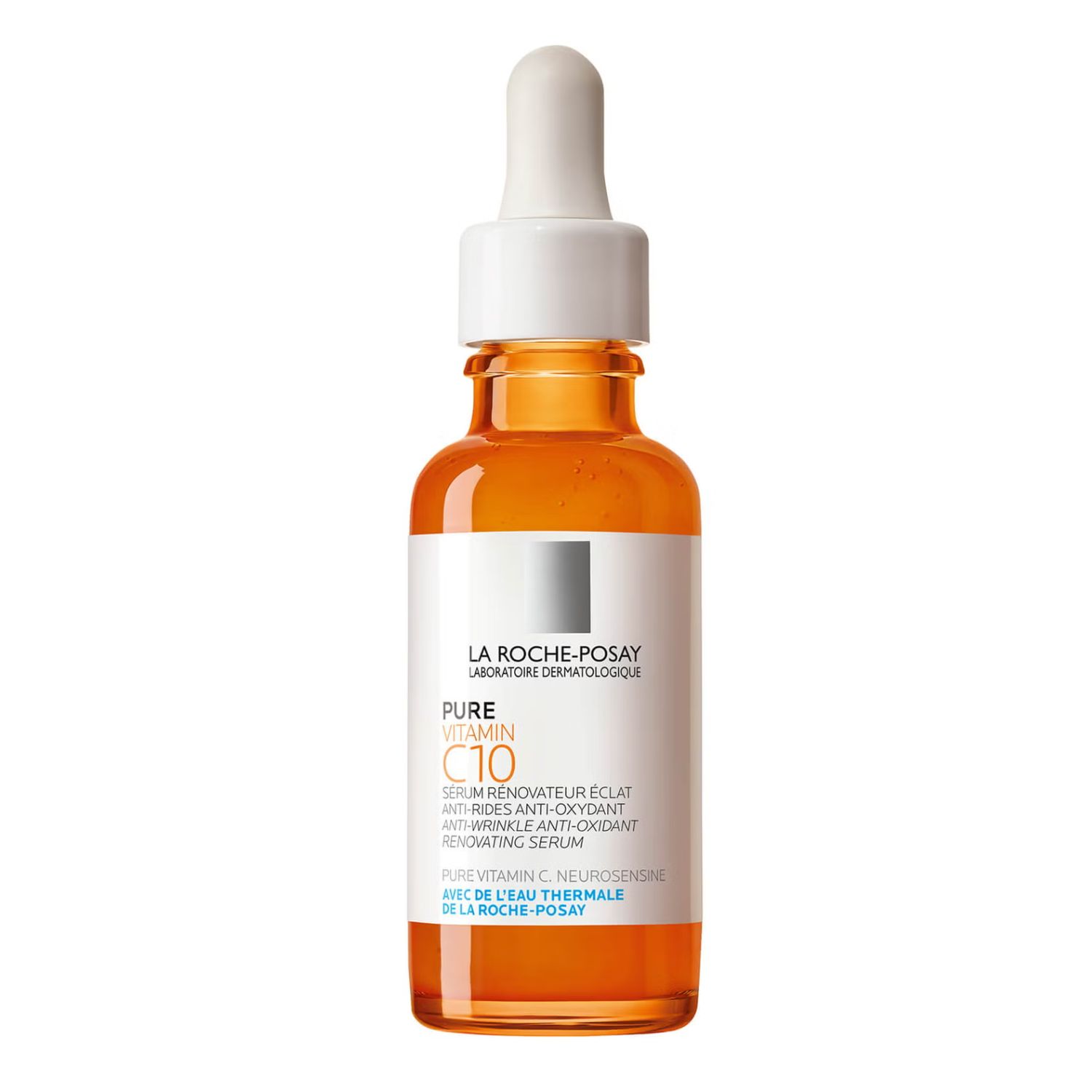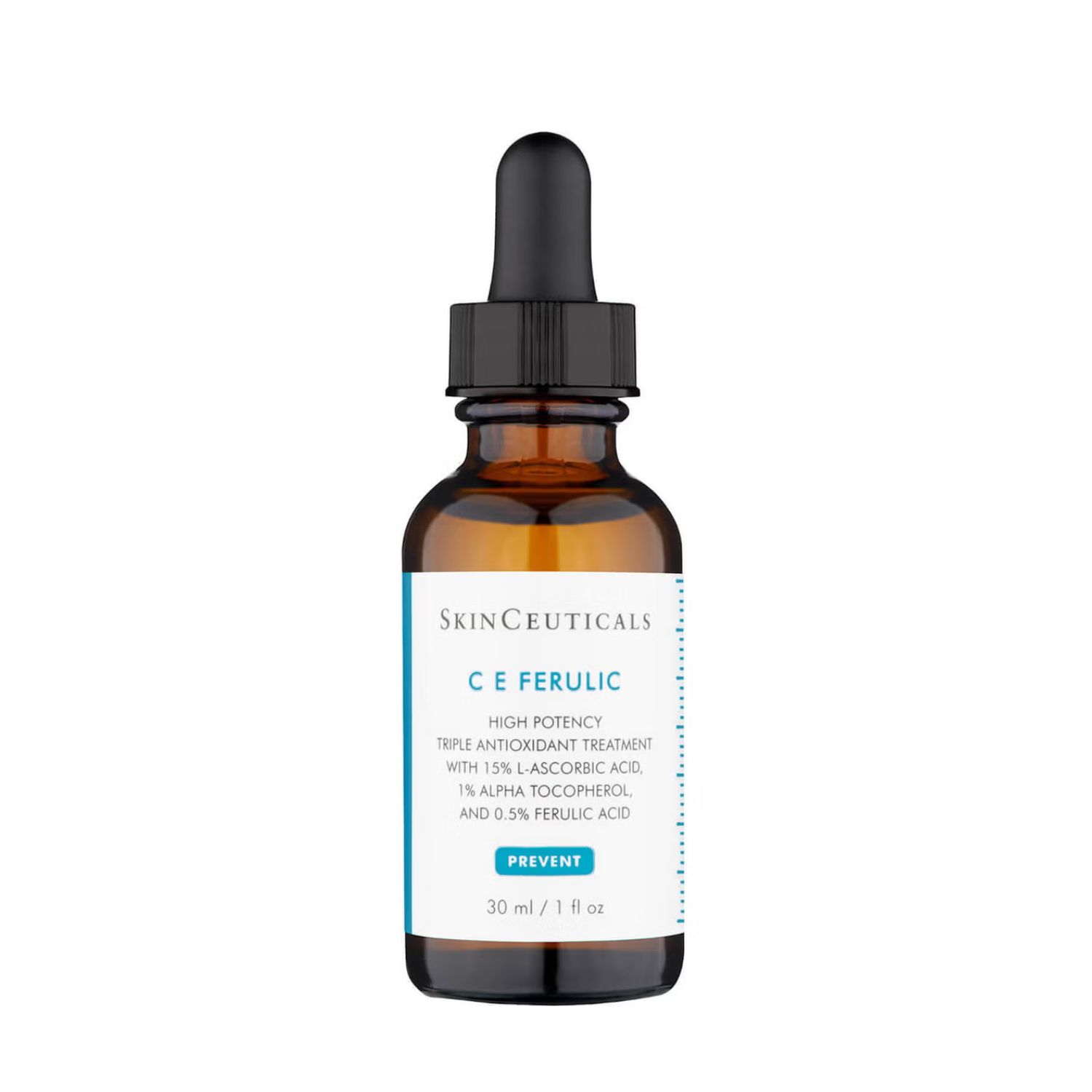How to use vitamin C for acne, according to skin experts
Two experts explain how to use vitamin C for acne for the best results


While there are a number of skincare ingredients that may be beneficial for blemish-prone skin, we’re guessing you’re here because you want to know how to use vitamin C for acne, specifically. Your queries relating to this hero ingredient probably range from whether it's suitable for acneic skin to if it helps with breakouts – and we've got the expert answers.
Perhaps after sunscreen, the best vitamin C serums are often cited as one of the key pillars of a simple and effective skincare routine. With this in mind, as part of this woman&home guide we asked two consultant dermatologists for some of their expert insights into using vitamin C when you have acne-prone skin. If that's you, here’s what you need to know about using this ingredient in your skincare routine.
How to use vitamin C for acne, according to experts
How does vitamin C benefit skin?
This ingredient is something of a powerhouse in terms of skin benefits. Our full guide to what vitamin C does for skin explains these in more detail, but its effects include improving radiance, evening out skin tone and improving skin’s firmness and elasticity, among others.
“[It] is useful as an antioxidant to protect the skin from environmental damage and for helping regulate pigmentation,” says consultant dermatologist Dr. Justine Kluk, founder of the Clear Skin Programme. Indeed, because of its many benefits, in our experience most dermatologists will recommend including a vitamin C serum in one's skincare routine.
Can I use vitamin C when I have acne?
Generally, vitamin C isn’t considered a “must avoid” if you have acne or acne-prone skin (though it is worth noting that, while you can use vitamin C for sensitive skin, it does have the potential to irritate).
“Vitamin C is an antioxidant skincare ingredient that helps reduce inflammation and uneven pigmentation,” says consultant dermatologist Dr. Thivi Maruthappu, author of Skin Food: Your 4-Step Solution Healthy, Happy Skin. “As such, it is a useful ingredient to have [in your skincare routine] if you experience acne; it can help to reduce redness and tackle post-inflammatory pigmentation and post-acne marks.”
Dr. Kluk agrees, noting that, while vitamin C is not an acne treatment, it can help to reduce the appearance of any dark marks left behind by blemishes. This is also referred to as post-inflammatory hyperpigmentation (PIH).
Sign up to our free daily email for the latest royal and entertainment news, interesting opinion, expert advice on styling and beauty trends, and no-nonsense guides to the health and wellness questions you want answered.
How to start using vitamin C
If you’re hoping to factor vitamin C into a skincare routine for acne, there are a few things to be aware of before you slather it onto your skin. Firstly, experiencing some sensitivity towards vitamin C is pretty common because it’s a powerful active skincare ingredient (I myself find a lot of vitamin C serums can irritate my skin). Because of this, it’s especially important to do a patch test before widespread use.
Another important step is to ensure the formulation is suitable for blemish- or acne-prone skin. Dr. Maruthappu says to make sure that the formula is non-comedogenic – this term means an ingredient or formula won’t clog your pores.
While vitamin C can be used in the morning or at night, experts usually recommend daytime use because of its antioxidant benefits, meaning it provides some environmental protection. Many people with blemish-prone skin also use vitamin A and, though they can be used together, their potency means it’s sensible to use them at different times of day (usually vitamin C in the morning and A in the evening). As part of a skincare routine for acne, a vitamin C serum should be applied to clean, dry skin after your best cleanser and before moisturiser.

RRP: £12.99
With a vitamin C derivative alongside niacinamide and salicylic acid – a great ingredient for blemish-prone skin – this affordable serum from high street hero Garnier works to tackle multiple skin concerns.

RRP: £45
A brand that has the backing of dermatologists around the world, La Roche-Posay's C10 Serum also contains blemish-busting salicylic acid (and is one of Dr. Maruthappu's favourite formulas).

RRP: £98
Arguably one of the most famous vitamin C serums on the market, SkinCeuticals' high-end offering is a very potent formula that pairs L-ascorbic acid with vitamin E and ferulic acid for a multi-pronged approach to tackling some of the key visible signs of ageing.
While it’s always important to introduce a new skincare product to your regime gradually, particularly when you have an inflammatory skin condition like acne, it is possible to use vitamin C if this is the case. Take time to find a formula that works for you and hopefully you’ll be reaping its benefits in no time.
Lucy is a UK-based beauty journalist who has written for titles including Marie Claire, Glamour and OK!, as well as contributing to woman&home. Her work covers everything from expert skin and haircare advice to beauty trends and reviews of the latest products. During her career she regularly speaks to the industry's leading hairdressers, dermatologists and make-up artists, has covered backstage at London Fashion Week and interviewed many a celeb about their beauty routine.
